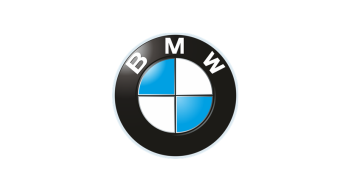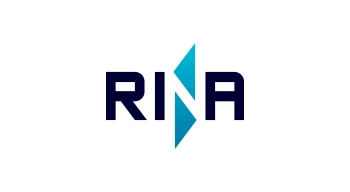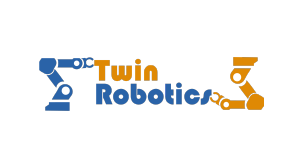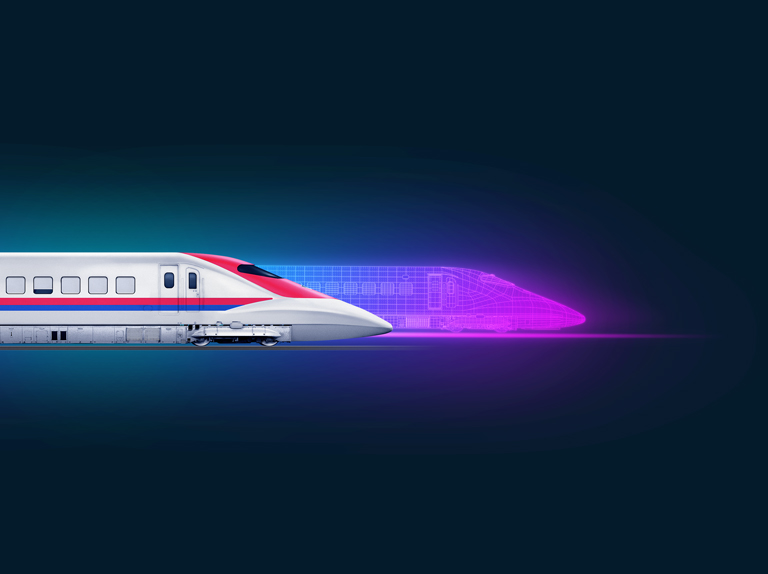Customer profile
The Institute for Magnetic Fusion Research (Institut de Recherche sur la Fusion par confinement Magnétique, IRFM) is one of the 15 Institutes that make up the Fundamental Research Division in the CEA (Direction de la Recherche Fondamentale, DRF). For almost 60 years, its responsibility has been to carry out research on thermonuclear magnetically-confined fusion at the CEA in association with the Euratom Fusion Programme. To fulfill its missions, IRFM gathers three departments (and within them, groups), with various objectives expanding from engineering to physics to platform operation.
Business challenge
- Develop an application to control an AIA (artificial inspection arm), which is a new robot created by CEA and operated inside a TOKAMAK.
- Control the robot in real time: visualize the received data, calculate and send the orders required by the user, avoid collisions inside the TOKAMAK.
- Work with different kinds of sensors inside and outside the robot and calibrate the robot’s position.
Technology solution
- In this project Open Cascade cooperated with Energid Technologies (USA) and reused their Actin software to control the robot. New Actin plugins were created for specific project needs: GUI and hardware connection.
- CEA and their customers use different robots and TOKAMAK models. Therefore, a flexible configuration was prepared to quickly setup the properties of the manipulated AIA.
- A multi-threaded solution was prepared to speed up the communication with several controllers using dedicated channels via TCP/IP protocol.
Business value
- AIA manipulation tests were performed at CEA Cadarache scientific research center and at the Chinese Institute of Plasma Physics in Hefei. Open CASCADE successfully cooperated with CEA engineers to connect different kinds of hardware with different characteristics of communication protocols.
- By request of CEA, Open CASCADE successfully communicated with the project participants from France, USA, India and China in order to specify the demands and solutions implemented in the application.
- Open CASCADE development team has implemented the plugins and simulation application (to check functionality without hardware connection) in the environment of Actin software (initially developed by Energid Technologies for the robotics area).
As a result a new Actin-based AIA Supervisor application was developed jointly by OCC and Energid:
- CEA engineers will use the newly developed application to control and operate their robot hardware.
- Open Cascade and Energid can reuse the experience and practice of working with this development kit in the future to extend the AIA Supervisor and create solutions for other customers who design robots and similar hardware.
- CEA has plans to use the same kind of hardware and software in other places in China and France in the coming years. This will require the minimum of modifications and extensions of the application because of its highly stabile and flexible core functionality.<.li>
More about the project
A TOKAMAK is a device using a magnetic field to confine plasma in the shape of a torus. Inside this torus there is bad environment for human presence even when the TOKAMAK is not active. An AIA (artificial inspection arm) is used to inspect the internal parts of the TOKAMAK without human access.
The AIA is a 6, 7 or 8 segments long arm (up to 10 meters) created of titanium and steel components with many sensors inside. It is managed by the motor system and a set of hardware controllers. The final segment contains a camera and lightings that allow performing the inspection.
The main problems for the arm manipulation are a narrow input-port into the TOKAMAK and the whole interior, long segments of the arm and inability to check the arm position and behavior while it is inside. Therefore, the software developed by Open CASCADE provides the highest stability and safety of the robot manipulation.
In the scope of this project a precise model of the TOKAMAK interior and each segment of the robot was created. Using this model the application allows to manage the hardware and observe the current position of the AIA relatively to the TOKAMAK in one or several 3D viewers. Also, it is possible to simulate the AIA behavior with a higher speed if needed, without connection to the hardware.
There are many preferences and parameters that can be changed for different needs: to enable/disable collision detection for some parts, to lock the broken segment, to change the number and behavior of the segments and hardware controllers (speed, acceleration, feedback time, etc). So, it is possible to prepare a trajectory before the real inspection and then repeat this safe and verified manipulation in real time with real AIA motions: fully go inside and out of the TOKAMAK.

Development of a semi-automatic graphic preprocessor to meet the specifications imposed by the computational fluid dynamics solver used at BMW.

Development of the Leonardo Hull 3D — Three Hold (LH3D-3H) application for structural analysis of ships by means of direct calculations.

Open Cascade develops CAD and graphic kernel for Twin Robotics AppRob platform — the new generation of robotics software that combine several digital twins to simulate a maximum of sub-systems.

